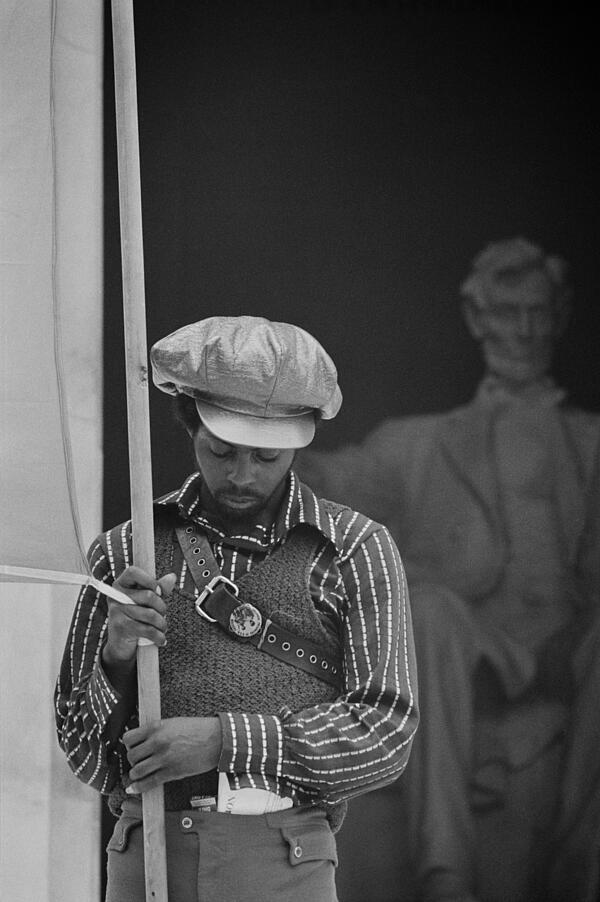The Black Panthers
The Black Panther Party was a revolutionary organisation, born out of frustrations with the Civil Rights Movement. Founded in 1966 in California, The Black Panthers fought for civil rights and an end to black poverty and racial discrimination. The founders, Bobby Seale and Huey Newton, argued that the non-violent campaign of Martin Luther King had failed.
The Black Panthers adopted militant language and threatened to use violence to achieve their aims. Huey Newton and Bobby Seale encouraged African Americans to fight in a “revolutionary war” to get equal rights.

The Black Panther Party (BPP) had four objectives: housing, equality in education, civil rights and employment equality.To reach these goals it devised a ten point plan:
- Land, bread, housing, education, clothing, justice, peace and community control of modern industry.
- Decent housing fit for the shelter of human beings; the land should be made into cooperatives so that the people can build.
- Full Employment; give every person employment or guaranteed income.
- Accurate Black history taught in schools
- Blacks should be repaid the wealth they were promised during Reconstruction
- Free healthcare for all, including preventative facilities.
- Freedom for all political prisoners; trials by juries that represent our peers.
- Freedom; the power to determine the destiny of the Black and oppressed communities.
- No more wars of aggression - wars are started by the ruling classes.
- End to police brutality and murder of Black people and other people of color and oppressed people.
The FBI soon became concerned over the activities of the Black Panthers. The prospect of a revolution against authority at the same time as the Vietnam War was troubling. The FBI were ultimately successful in eventually breaking up the Black Panthers.
BPP members claimed that the FBI used numerous tactics to lessen the impact of the organisation. Although the claimed purpose of the Bureau's tactics was to prevent violence, some of the FBI's tactics against the BPP were clearly intended to foster violence, and many others could reasonably have been expected to cause violence. For example, the FBI's efforts to "intensify the degree of animosity" between the BPP and the Blackstone Rangers, a Chicago street gang, included sending an anonymous letter to the gang's leader falsely informing him that the the Chicago Panthers had "a hit out" on him. The FBI has never admitted to actions such as these though.
In late 1968, Hoover openly announced that the BPP was, in his opinion, "the greatest threat to the internal security of the country." Operations to break it up were massively expanded.
However, the BPP was not a purely revolutionary group. It focused much of its energy into the creation of community social programmes that helped the poor in urban areas.For example, it set up the Free Breakfast for Children Programs, and community health clinics.
In a book of his essays called "To Die for the People", Huey Newton wrote that the BPP were directly answering the needs of the black community - something the government could never do.
Despite this work, the public opinion of Black Power remained largely negative. A study carried out in 1966 revealed that less than five per cent of African-Americans approved of groups such as the BPP - 60 per cent were positively hostile to such groups. However, these surveys were taken during a time where the BPP was vilified in the media, so they must be taken with a pinch of salt.
See also: Huey Newton
MLA Citation/Reference
"The Black Panthers". HistoryLearning.com. 2025. Web.
